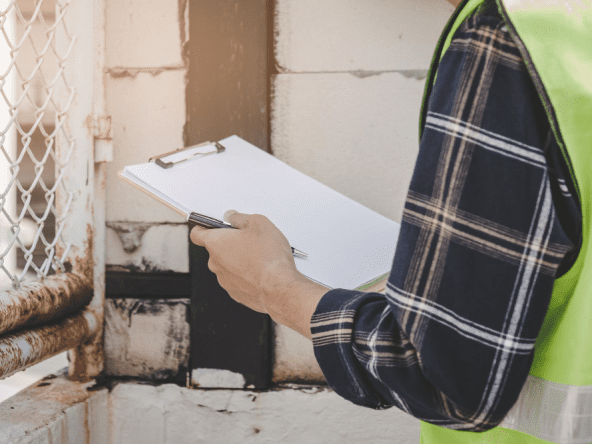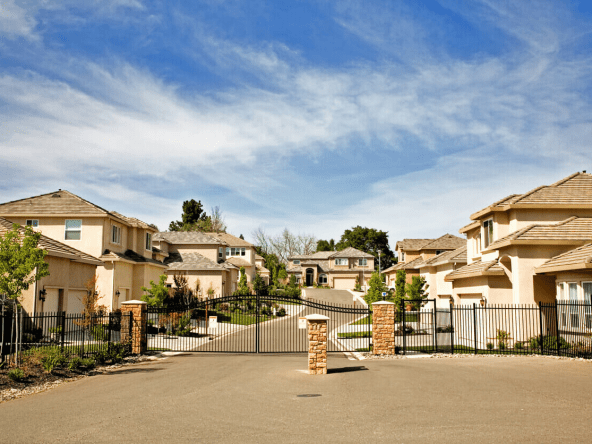A Step-by-Step Guide for Foreigners and Investors
Foreigners cannot own land in Thailand, but they can lease it — often for up to 30 years with options to renew. However, to ensure that your lease is legally protected and enforceable, it must be properly registered at the Thai Land Office.
This guide explains the full process of registering a long-term land lease in Thailand.
✅ Why Register a Lease?
| Unregistered Lease | Registered Lease |
|---|---|
| Valid only up to 3 years | Legally valid up to 30 years |
| Cannot be enforced in court | Full legal protection |
| Not recognized by Land Office | Registered and on official records |
🛡️ If your lease is longer than 3 years and not registered, it is not legally enforceable in Thailand.
📑 Step-by-Step: Registering a Long-Term Lease
Step 1: Draft a Lease Agreement
- Hire a lawyer to prepare a formal lease agreement in both Thai and English
- It should clearly state:
- Lease term (max. 30 years)
- Lease payment
- Renewal clauses
- Rights to transfer or sublet
- Responsibilities (maintenance, taxes)
Step 2: Due Diligence on the Land
- Ensure the land has a clear title (Chanote or Nor Sor 3 Gor)
- Confirm the landowner’s name on the title deed
- Check for existing encumbrances or mortgages
Step 3: Sign the Lease Agreement
- Both the landowner and lessee must sign
- A witness may be required
Step 4: Go to the Local Land Office
- Bring all required documents (see table below)
- Both parties must be present (or use a power of attorney)
Step 5: Register the Lease
- The Land Officer will record the lease on the back of the land title deed
- You’ll receive a certified copy of the lease
📄 Documents Needed
| Document | Provided By |
|---|---|
| Thai ID card / passport | Both parties |
| Land title deed (original) | Landowner |
| Lease agreement (Thai + English) | Your lawyer |
| Power of attorney (if applicable) | Either party |
| Land office form (Tor Dor 6) | Land Office or lawyer |
| House registration book (Tabien Baan) | Landowner |
💰 Registration Fees
| Fee Type | Amount |
|---|---|
| Lease Registration Fee | 1% of total lease value |
| Stamp Duty | 0.1% of total lease value |
| Legal fees (optional) | Varies by lawyer (฿10,000–฿25,000 typically) |
Example: For a 30-year lease worth ฿3,000,000, expect to pay around ฿33,000 in government fees
🧾 Sample Lease Timeline
| Task | Estimated Time |
|---|---|
| Drafting contract | 3–5 days |
| Due diligence | 1–2 days |
| Signing + registration | 1 day at Land Office |
| Total time | ~1 week (with preparation) |
🔁 What About Lease Renewals?
While lease agreements may state a renewal option (another 30 years, for example), this is not automatically enforceable by law. A new lease must be registered again at the Land Office when the original term expires.
⚠️ Things to Watch Out For
| ⚠️ Risk | ✅ Best Practice |
|---|---|
| Lease not registered | Always register leases >3 years |
| No clear title deed | Verify title with Land Office |
| No renewal guarantee | Plan with legal clauses, but be realistic |
| Using a nominee or fake agreement | Avoid — illegal and risky |
📌 Final Tips
- Work with a reputable real estate lawyer in Thailand
- Always register the lease with the Land Office
- Be cautious of agents promising automatic renewals
- For added security, consider registering your house separately if building on leased land




